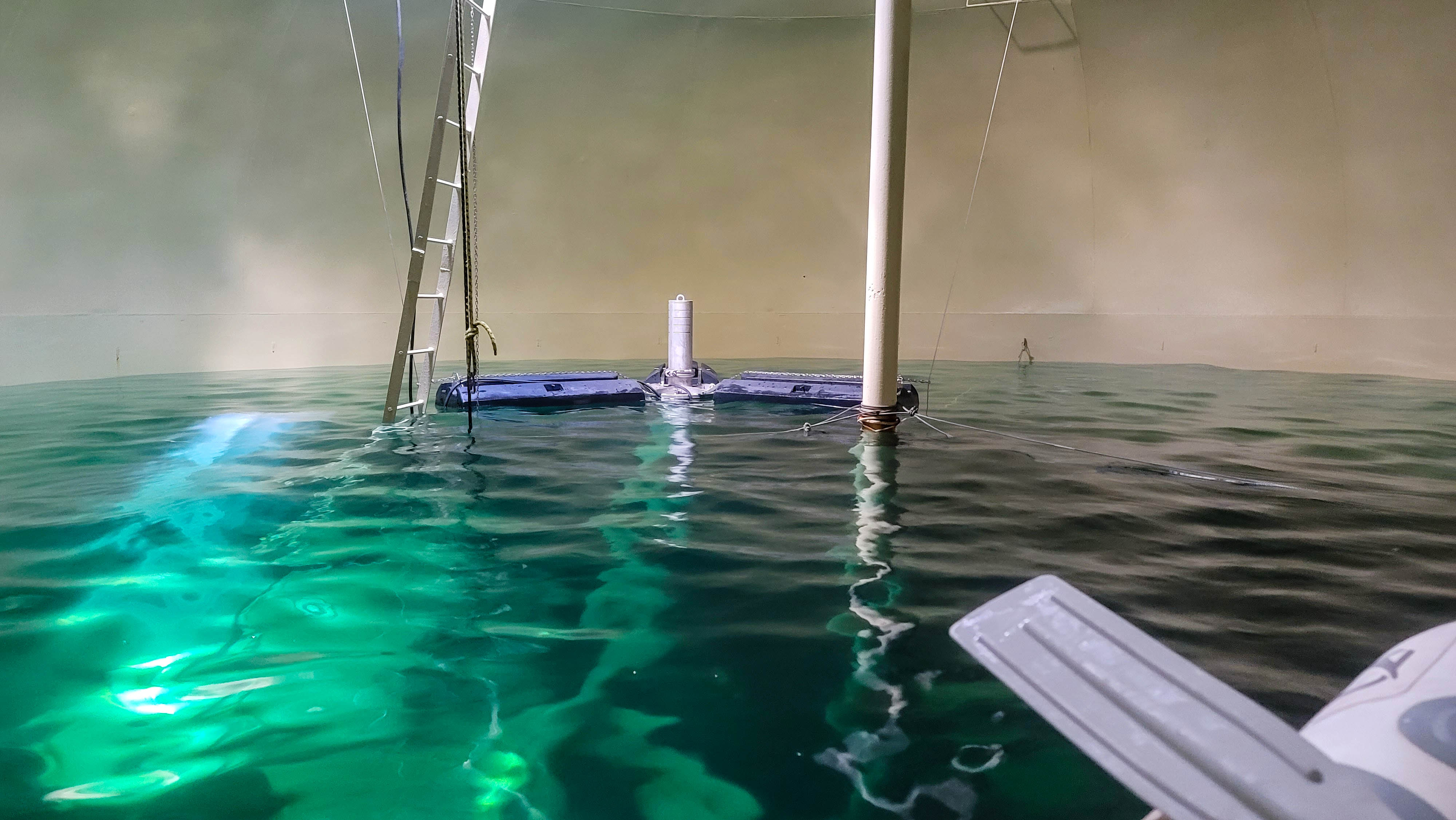Gresham Smith Implements a Proven Disinfection Byproduct (DBP) Reduction Strategy
Gresham Smith is pleased to announce our client’s recent success in Disinfection byproduct (DBP) reduction. DBPs—regulated constituents in drinking water also known as trihalomethanes (TTHM)—increase under certain conditions such as water age and can trigger a violation if levels are too high. Gresham Smith helped the City of Palmetto, Georgia, with a water augmentation project, supplementing their water supply from a neighboring jurisdiction. This augmentation, however, carried a risk of increased water age and thus increased DBPs. To eliminate the potential concern, Gresham Smith designed aeration systems for the City’s two elevated storage tanks to aerate and volatilize a substantial fraction of the DBPs.
“Gresham Smith is honored to serve as the City of Palmetto’s engineer in a longstanding relationship,” commented Rebecca Lindsay, P.E., ENV SP, Senior Water Resources Engineer, Gresham Smith. “We are dedicated to the City’s successful growth.”
“Gresham Smith helped the City of Palmetto be proactive in meeting increasingly stringent regulatory requirements for drinking water,” noted Mayor J. Clark Boddie, City of Palmetto. “Their design allowed the City to safely augment our water system with supply from a neighboring jurisdiction.”
It is known, scientifically, that certain species of DBPs are volatile. Gresham Smith designed Palmetto’s aeration systems to meet critical performance requirements—a minimum of 60% reduction of chloroform, one of the DBP species. The results of performance testing exceeded project expectations. In one elevated storage tank, the City demonstrated an average reduction of over 68%. In the second tank, the City saw an overwhelming 89% reduction. These systems will give the City peace of mind that as they grow, and as they encounter difficult seasonal testing conditions, they will fully comply with federal DBP regulations.
“It was nice knowing that the new aeration systems would give us confidence in future Trihalomethanes (TTHM) compliance; but it was even better to be able to prove this through sampling and to see how well they actually performed,” noted Matt Ivester, Water/Wastewater System Superintendent, City of Palmetto.

